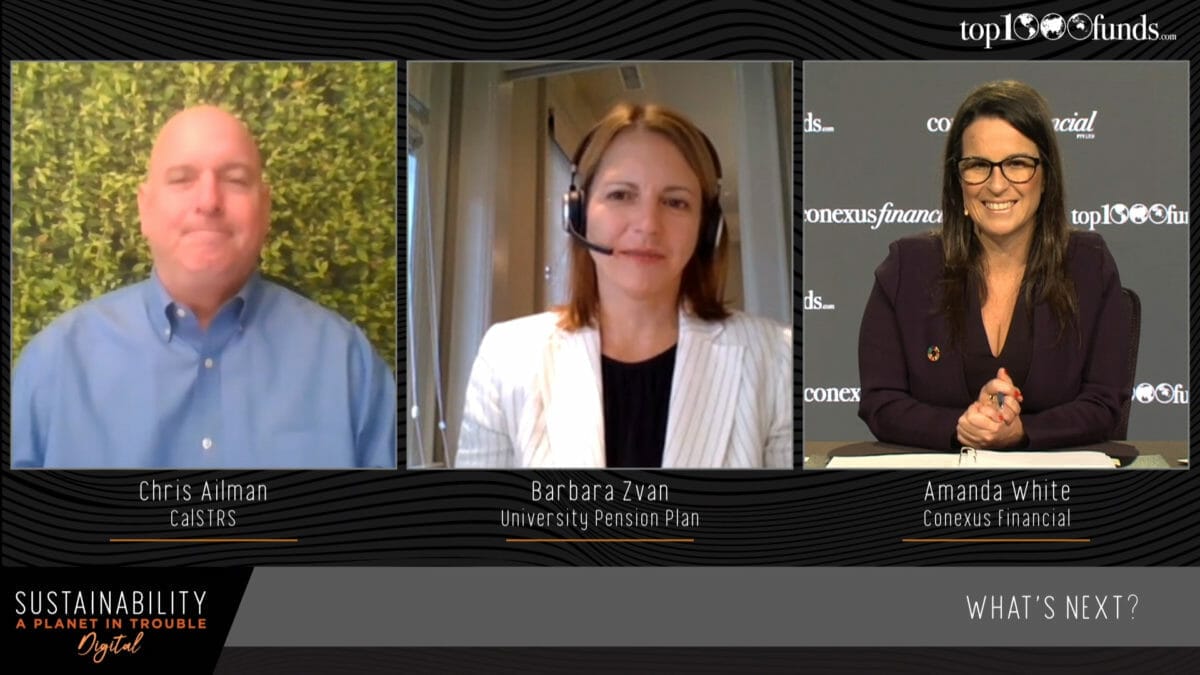The COVID-19 crisis is likely to have dramatic consequences for progress on climate change. Imminent fiscal recovery packages could entrench or partly displace the current fossil-fuel-intensive economic system. This paper, by academics at the Oxford Smith School of Enterprise and the Environment, surveys 231 central bank officials, finance ministry officials, and other economic experts from G20 countries on the relative performance of 25 major fiscal recovery archetypes across four dimensions: speed of implementation, economic multiplier, climate impact potential, and overall desirability.
It identifies five policies with high potential on both economic multiplier and climate impact metrics: clean physical infrastructure, building efficiency retrofits, investment in education and training, natural capital investment, and clean R&D. In lower- and middle- income countries (LMICs) rural support spending is of particular value while clean R&D is less important. These recommendations are contextualised through analysis of the short-run impacts of COVID-19 on greenhouse gas curtailment and plausible medium-run shifts in the habits and behaviours of humans and institutions.
As we move from the rescue to the recovery phase of the COVID-19 response, policy-makers have an opportunity to invest in productive assets for the long-term. Such investments can make the most of shifts in human habits and behaviour already under way. In the lead up to COP26, recovery packages are likely to be examined on their climate impact and contributions to the Paris Agreement (UNFCCC, 2015). For many countries, this will be a matter of building on existing NDCs, already framed to facilitate fast-acting investment. Recovery packages that seek synergies between climate and economic goals have better prospects for increasing national wealth, enhancing productive human, social, physical, intangible, and natural capital.



